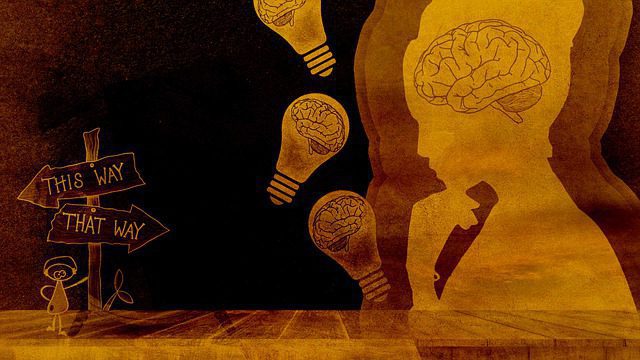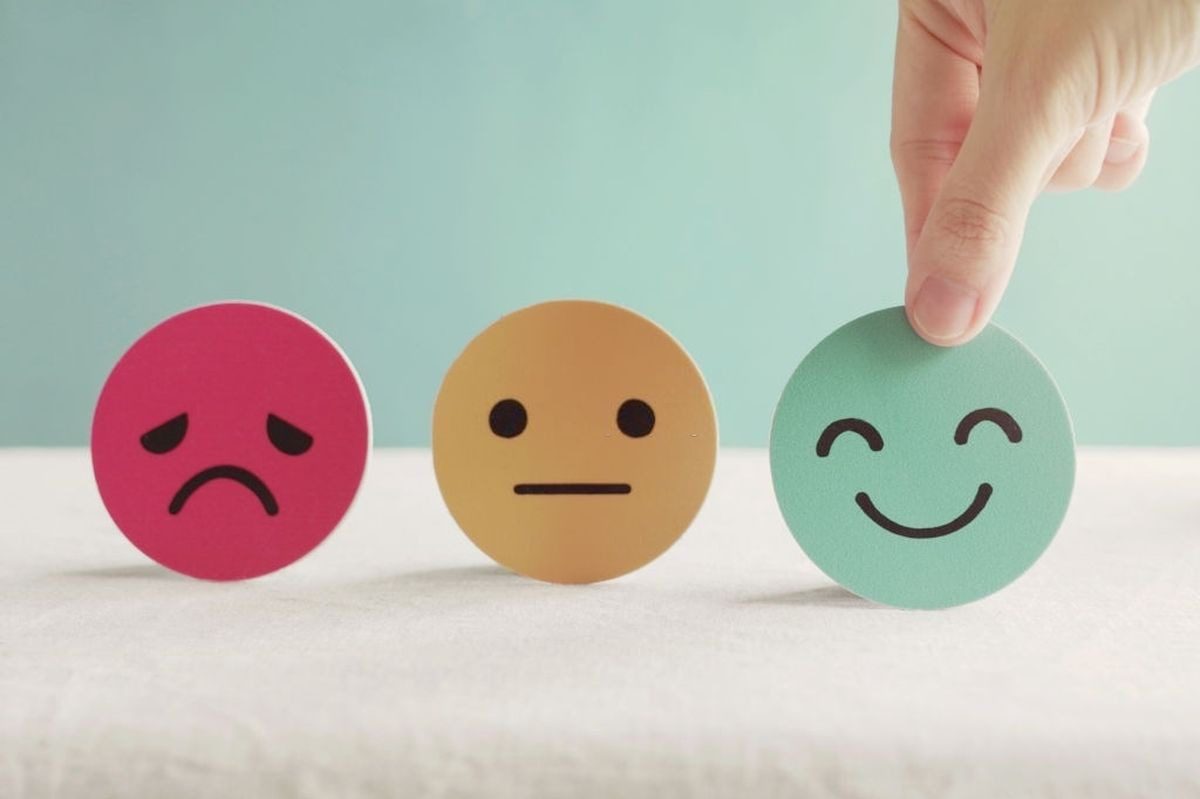According to a recent report by UNICEF, amid the ongoing COVID-9 pandemic, around 14 percent of 15 to 24-year-olds in India, or 1 in 7, have often been feeling depressed.
The ongoing Covid-19 pandemic has created grave concerns about the mental health of children and their families, says UNICEF report on mental health ‘The States of the World’s Children 2021’. The report says that around 14 percent of 15 to 24-year-olds in India, or 1 in 7, have often felt depressed.
Further concerning was the fact in the report that covered 21 countries, In India, only 41 percent of young people were willing to seek support for their mental health problems, compared to an average of 83 percent for 21 countries.
Union Health Minister releases the report
Union Health Minister Mansukh Mandaviya on Tuesday released the report here.
The report has illustrated in stark terms how events in the wider world can transform the world inside our heads.
While releasing the report, minister Mandaviya said, “Mental health has widely been discussed in our Sanatan culture and spirituality. The mutual development of mind and body has been explained in our texts. A healthy mind resides in a healthy body. We are very happy that today UNICEF has released a global report on the mental health of children”.
The Union Minister added further that as the trend of a nuclear family instead of a joint family has increased in our society, mental health problems have become frequent in children. “Today parents are not able to give enough time to their child, so we need to talk about mental health,” he said, and added, “We have been told that around 14 percent of children worldwide have a mental health problem. It has to be taken seriously.”
Mandaviya further said, “To build a better and developed society, it is necessary to keep monitoring the mental health of children from time to time. For this, arrangements will also have to be made for the better mental health of teachers in schools. Because children trust their teachers the most”.
Sharing his experience, the minister said that he as the health minister faced mental pressure during the second wave.
He continued saying, “People’s problems shook me. After that, I started doing yoga and cycling in the morning. It is my request to all that you also examine the problems of your mind and work for its betterment. Spend enough time at home with your children. Talk to them in a friendly atmosphere.”
Children in India are hesitant to seek support for mental health

Children in India seem hesitant to seek support for mental stress, according to a survey conducted by UNICEF and Gallup in early 2021 with 20,000 children and adults in 21 countries. Only 41 percent of young people between 15-24 years of age in India said that it is good to get support for mental health problems, compared to an average of 83 percent for 21 countries.
As per the report, India was the only one of 21 countries where only a minority of young people suggested that people undergoing mental health issues should reach out to others. In every other country, a majority of young people (ranging from 56 to 95 percent) felt that reaching out was the best way to deal with mental health issues.
The survey findings, which are previewed in The State of the World’s Children 2021, also found that around 14 percent of 15 to 24-year-olds in India, or 1 in 7, reported often feeling depressed or having little interest in doing things.
The proportion ranged from almost one in three in Cameroon, one in seven in India and Bangladesh, to as low as one in ten in Ethiopia and Japan. Across 21 countries, the median was one in five young people.
The report notes that as the Covid-19 Pandemic heads into its third year, the impact on children and young people’s mental health continues to weigh heavily. Through the pandemic, children have had limited access to support from social services due to lockdown measures.
The disruption to routines, education, recreation, as well as concern for family income and health, is leaving many young people feeling afraid, angry, and concerned for their future.
It calls for commitment, communication, and action as part of a comprehensive approach to promote good mental health for every child, protect vulnerable children and care for children facing the greatest challenges.



